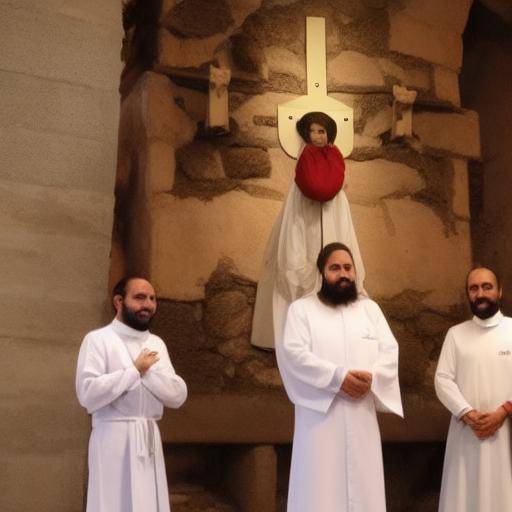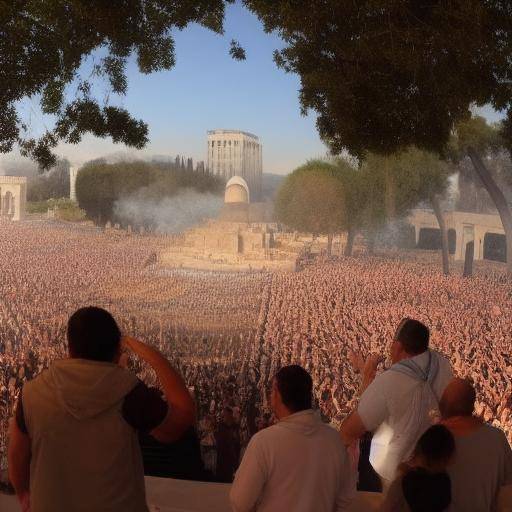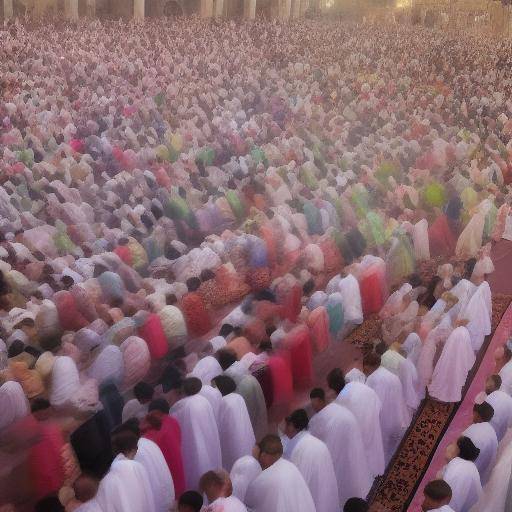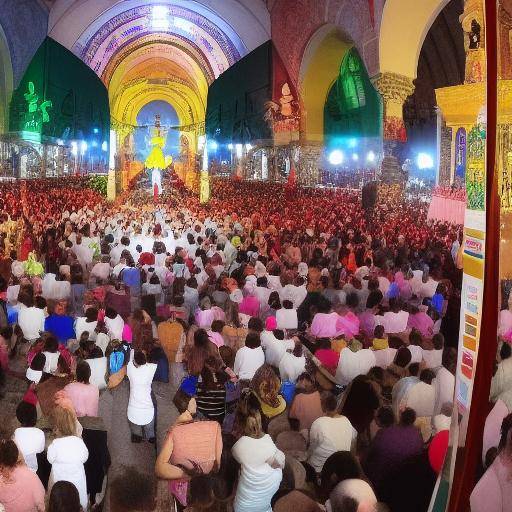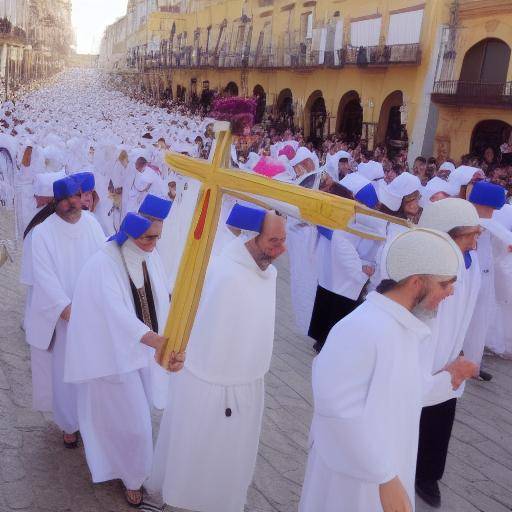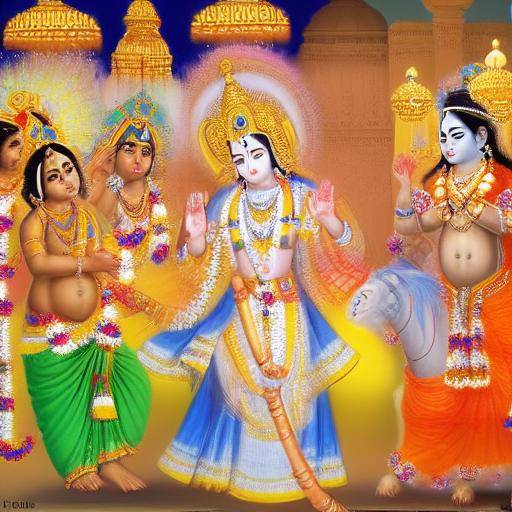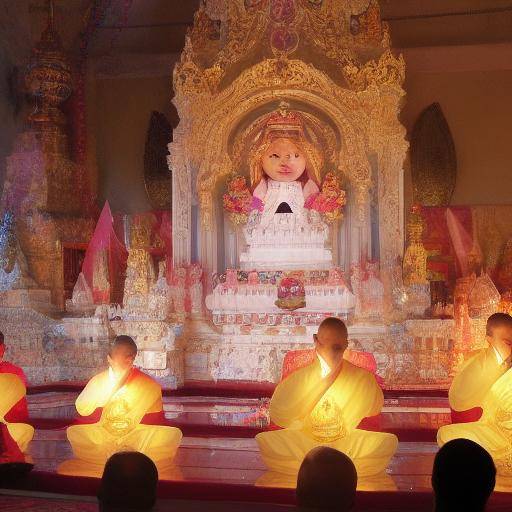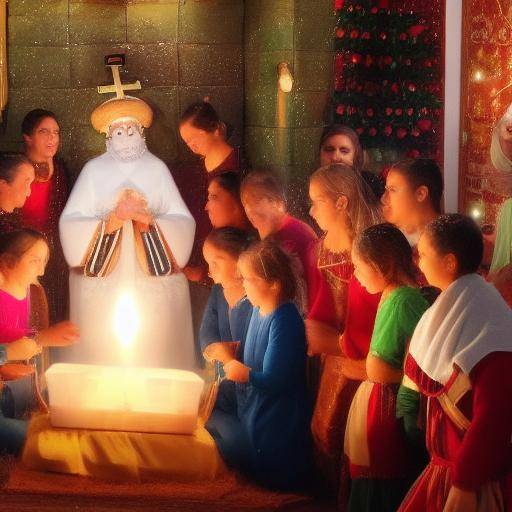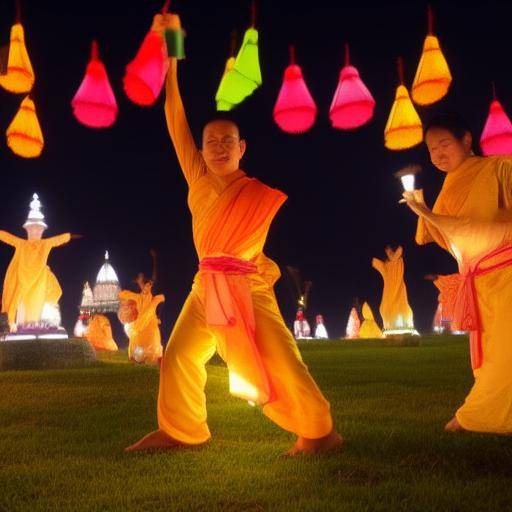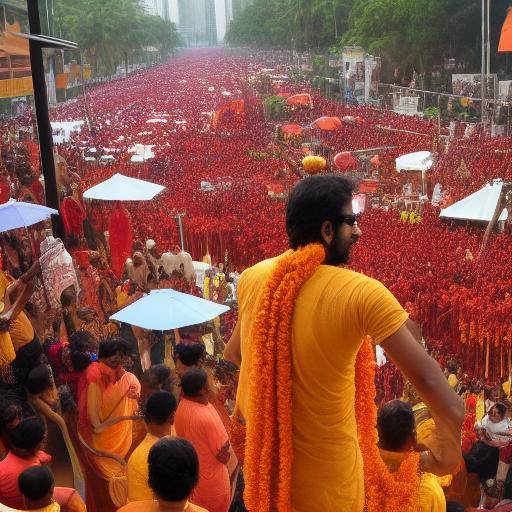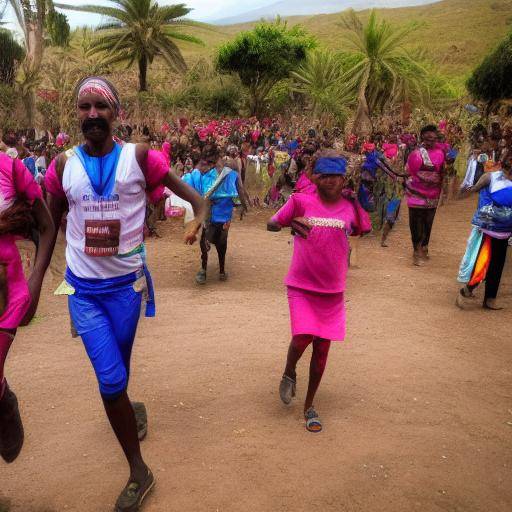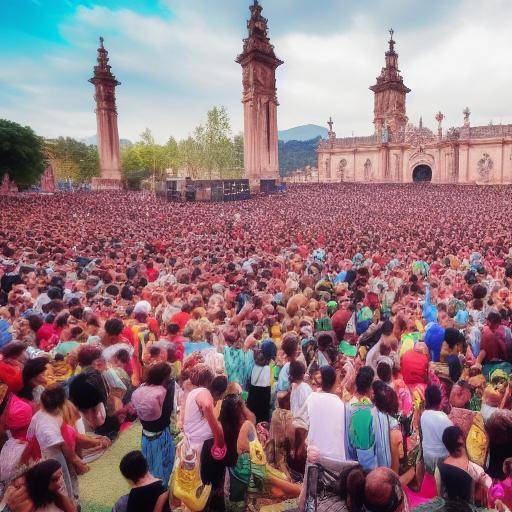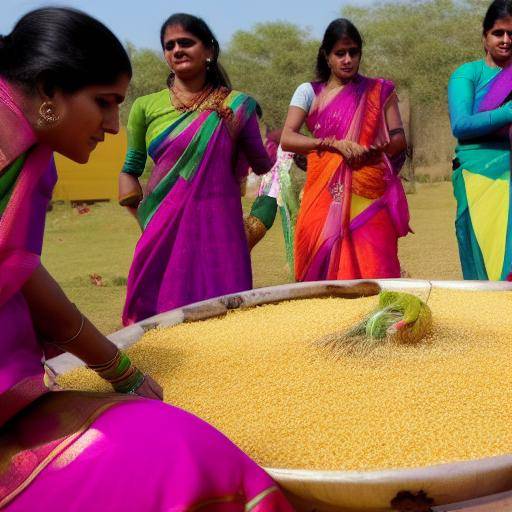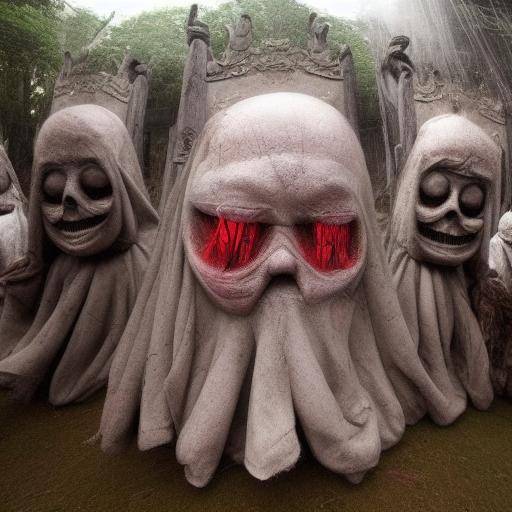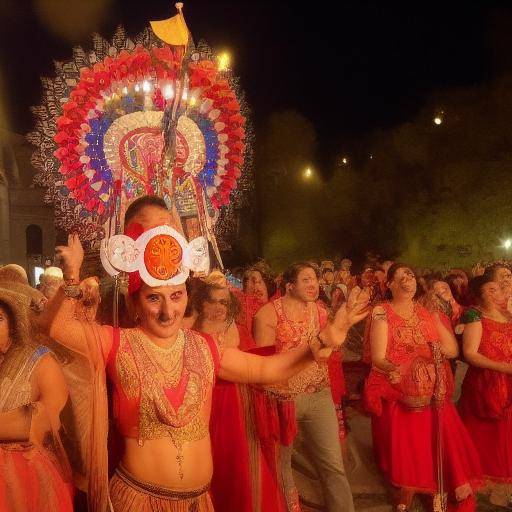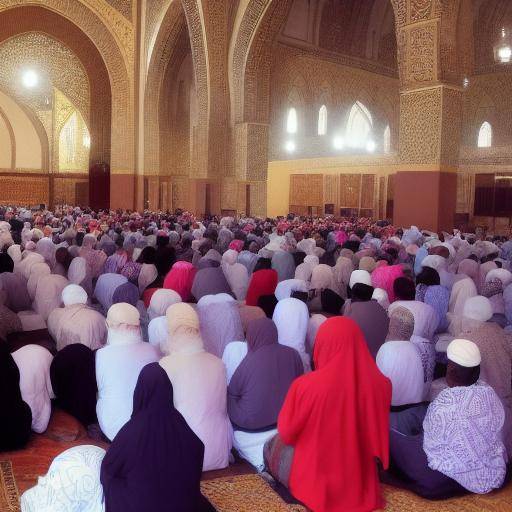
Ramadan is a sacred month for Muslims around the world, marked by fasting, prayer and spiritual reflection. During this period, believers abstain from eating, drinking, smoking and having sex from dawn to sunset. This religious festival, besides being a spiritual practice, symbolizes solidarity, compassion and generosity towards the less fortunate.
In this article, we will explore in depth the meaning and traditions of Ramadan, as well as its importance within Islam. We will also discuss key practices and concepts related to this religious festival, together with experts on the subject. Throughout the article, we will address frequent questions and provide practical advice to better understand Ramadan, religious festivals and Islam.
History and Background of Ramadan
Ramadan has its roots in the revelation of the Quran, the sacred book of Islam, to the prophet Mohammed. This month marks the period when it is believed that the Quran began to be revealed by Allah to the prophet. Since then, Ramadan has become a moment of spiritual reflection, self-control and dedication to faith.
The religious festival of Ramadan has experienced various evolutions throughout Islamic history, and has been fundamental in the formation of the identity and religious practice of Muslims. The importance of Ramadan is reflected in its inclusion as one of the five pillars of Islam, which are the foundations of Muslim faith and practice.
Detailed Analysis of Ramadan
Ramadan offers an unparalleled opportunity for Muslim believers to commit to their faith and strengthen their relationship with Allah. During this month, Muslims experience personal discipline and community solidarity through day fasting, night prayers and charity towards those in need.
Fasting during Ramadan also has physical and mental benefits. It helps purify the body, strengthens self-discipline and promotes empathy towards those who suffer hunger in the world. In addition, it offers the opportunity to examine and reform unwanted habits, promoting a healthier and more balanced lifestyle.
Comprehensive Review of Religious Festivals in Islam
Religious festivals, including Ramadan, play a crucial role in the lives of Muslims, as they give them the opportunity to experience moments of joy, spiritual reflection and devotion to Allah. These festivals unite the community and strengthen family and social ties. In addition to Ramadan, other major festivals in Islam include Eid al-Fitr and Eid al-Adha, which mark the end of Ramadan and the celebration of the pilgrimage to Mecca.
Comparative Analysis of Ramadan, Religious Festivals and Islam
Ramadan, religious festivals and Islam share fundamental values such as charity, solidarity, compassion and devotion to Allah. However, each has its own specific practices and traditions that reflect diversity within the Muslim community. While Ramadan focuses on fasting and spiritual reflection, religious festivals such as Eid al-Fitr and Eid al-Adha celebrate generosity, fraternity and gratitude for Allah.
Practical Tips and Accessible Tips
While Ramadan is a significant spiritual practice for Muslims, it also poses unique challenges in daily life. For those who wish to properly understand and respect Ramadan, it is essential to consider certain practical aspects. Here are some useful tips:
- Participate in charity and generosity to support those in need.
- Learn about the traditions and practices of Ramadan to show respect and understanding for the Muslim community.
- Be aware of dietary restrictions during day fasting.
- Ask your Muslim friends what Ramadan and religious festivals mean to them, and it shows genuine interest in their faith.
Conclusions and FAQs
Conclusions
Ramadan is much more than a month of fasting; it is an opportunity for spiritual renewal, introspection and the strengthening of faith. The observance of Ramadan not only strengthens community ties within the ummah (Muslim community), but also provides Muslims with the opportunity to cultivate spiritual awareness and empathy towards others.
Frequently asked questions about Ramadan, Religious Festivals and Islam
- What is the purpose of fasting during Ramadan?
- Fasting during Ramadan is an expression of gratitude, self-discipline and devotion to Allah. It also offers an opportunity to purify the body and soul, as well as to develop empathy towards those in need.
- How is Eid al-Fitr and Eid al-Adha celebrated?
- Eid al-Fitr marks the end of Ramadan and is celebrated with special prayers, charity and festivities. Eid al-Adha commemorates the willingness of the prophet Ibrahim (Abraham) to sacrifice his son as an act of obedience to Allah, and is characterized by the celebration of the pilgrimage to Mecca.
- What is the importance of Ramadan in Islam?
- Ramadan is of great importance in Islam, as it is a month dedicated to spiritual reflection, worship of Allah and solidarity with the Muslim community and those who suffer.
- What are the best ways to support the Muslim community during Ramadan?
- Show understanding, respect and support to Muslim friends and colleagues, participate in charity and generosity activities, and learn about Ramadan practices are some ways to support the Muslim community during this sacred month.
- What does fasting and night prayer mean for Muslims during Ramadan?
- Fasting and night prayer during Ramadan are acts of worship that strengthen faith, encourage personal discipline and promote spiritual connection with Allah. These practices are a manifestation of devotion and humility before God.
- How can I express my good wishes to Muslim friends and colleagues during Ramadan?
- Expressing good wishes during Ramadan may include phrases such as "Ramadán Mubarak" (Bend Ramadan) or "Ramadán Kareem" (Generoso Ramadan), which reflect respect and consideration for the religious observance of the other person.
With this, we concluded our complete analysis of Ramadan, religious festivals and Islam. We hope that this article has provided a deeper and more respectful understanding of these important aspects of the Islamic faith. If you have more questions about Ramadan or any other aspect of Islam, do not hesitate to search for additional information on reliable sources or consult with relevant experts.

